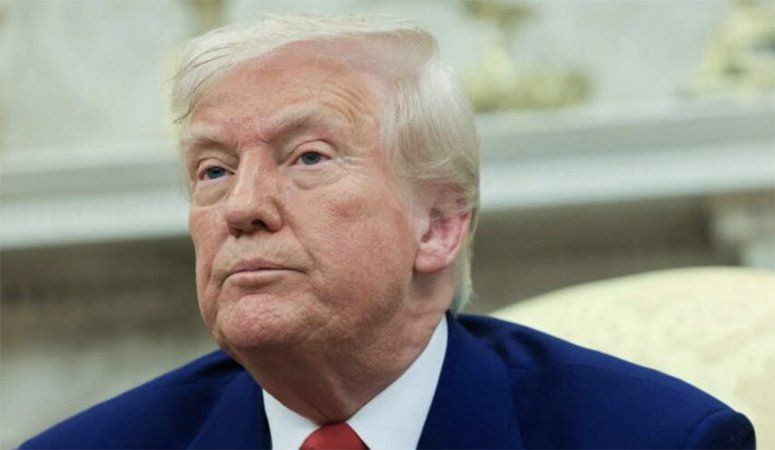The Trump administration has gone 0-for-4 in defending the president's executive orders targeting big law firms, and at this point it's hard to see what the White House has gotten out of the episode.
Nine of the firms targeted by president Donald Trump reached settlements to avoid penalties imposed by the executive branch by agreeing to provide free legal services to the administration, but all four firms that refused to submit have successfully challenged the orders – and Politico's Ankush Khardori argued that the decision to reach deals looks worse and worse.
"Trump’s executive orders and the deals struck by the settling firms have not aged well," Khardori wrote. "The firms that threw in the towel appear to have misjudged the fallout — financial, reputational, political and legal. Meanwhile, the Trump administration has gotten hammered by the judges presiding over the cases challenging the White House, and it’s far from clear the government’s appeal will get a better reception in the higher courts, including the Supreme Court, if it gets there."
The president has publicly crowed about the deals for months and keeps threatening to put the settling firms to work for his administration, but representatives from three of those firms privately told Khadori they had still not received any instructions or input from the White House on matters to take on.
"Some of the firms do appear to be making subtle changes to their pro bono portfolios without hearing from the Trump administration," Khadori wrote. "Not surprisingly, firms appear to be pulling back on pro bono immigration work. I also have heard that some conservative legal advocacy groups have fielded calls from lawyers at the settling firms about finding pro bono cases to partner on."
The risk of getting tasked with pro bono work remains the most potent near-term threat to the settling firms, and maybe that shoe will eventually drop, but the firms could be emboldened by the administration's losing streak to defy any orders to take up a case on their behalf.
"The settling firms would — ironically perhaps — end up benefitting from the firms that refused to give in to the Trump administration," Khadori wrote. "That’s because if they ultimately needed to mount their own challenges to the administration, they would likely point directly to the four decisions already rendered against the administration to back them up. Those decisions have been swift and unsparing."
Judges have been throwing the administration's stated grievances against the firms right back at them in their adverse rulings, and Khadori said that didn't bode well in future appeals by the administration, and some of the lawyers at the settling firms that this could just blow over like many Trump iniatives.
"Trump and his administration got the political scalp they wanted, the thinking goes, but they are not particularly good at executing complex policy initiatives — like completing 90 trade deals in 90 days or finding a buyer for TikTok that will actually comply with the law that Trump decided to ignore after reentering office," Khadori wrote.
Leave a Comment
Related Post
